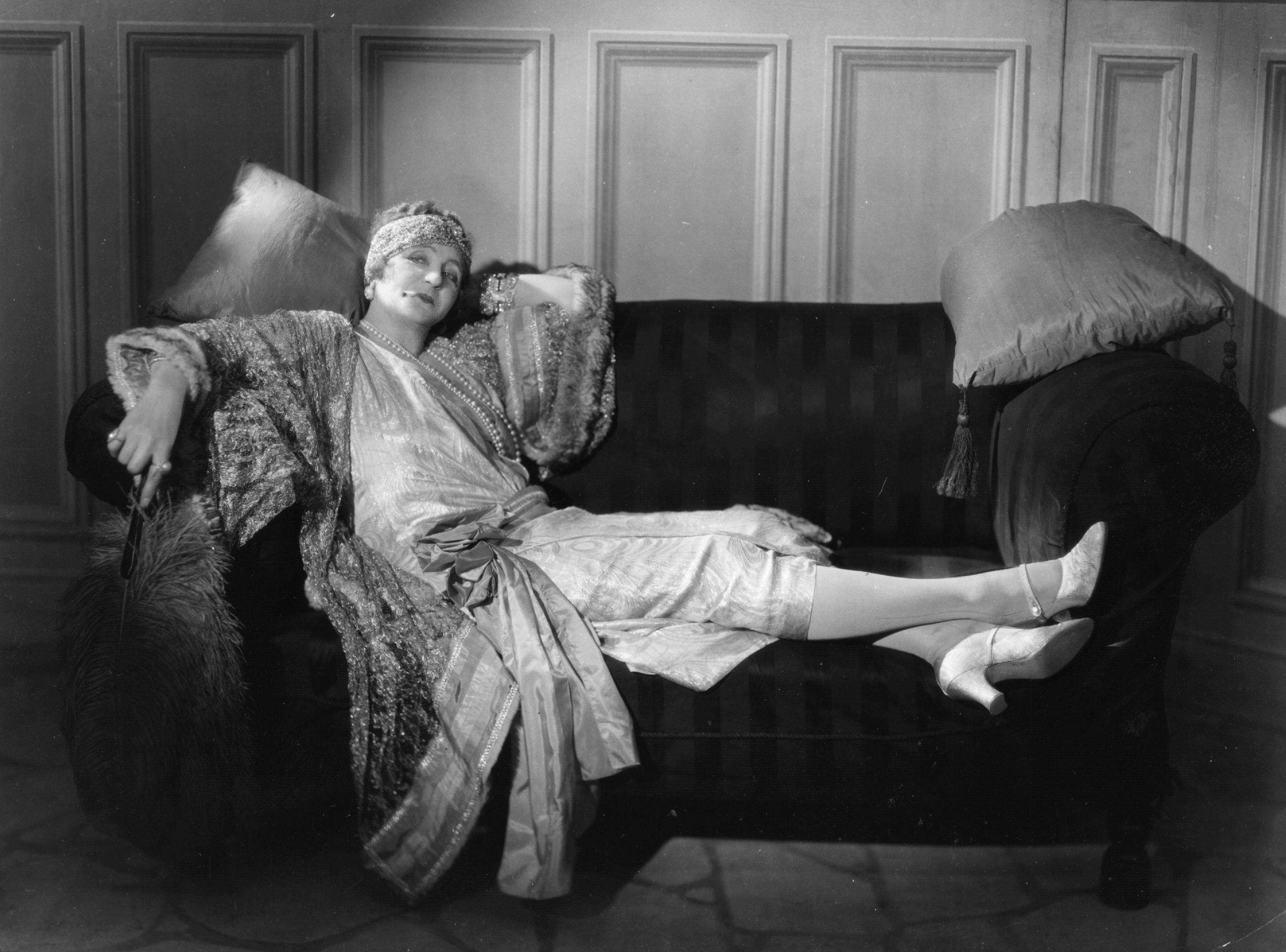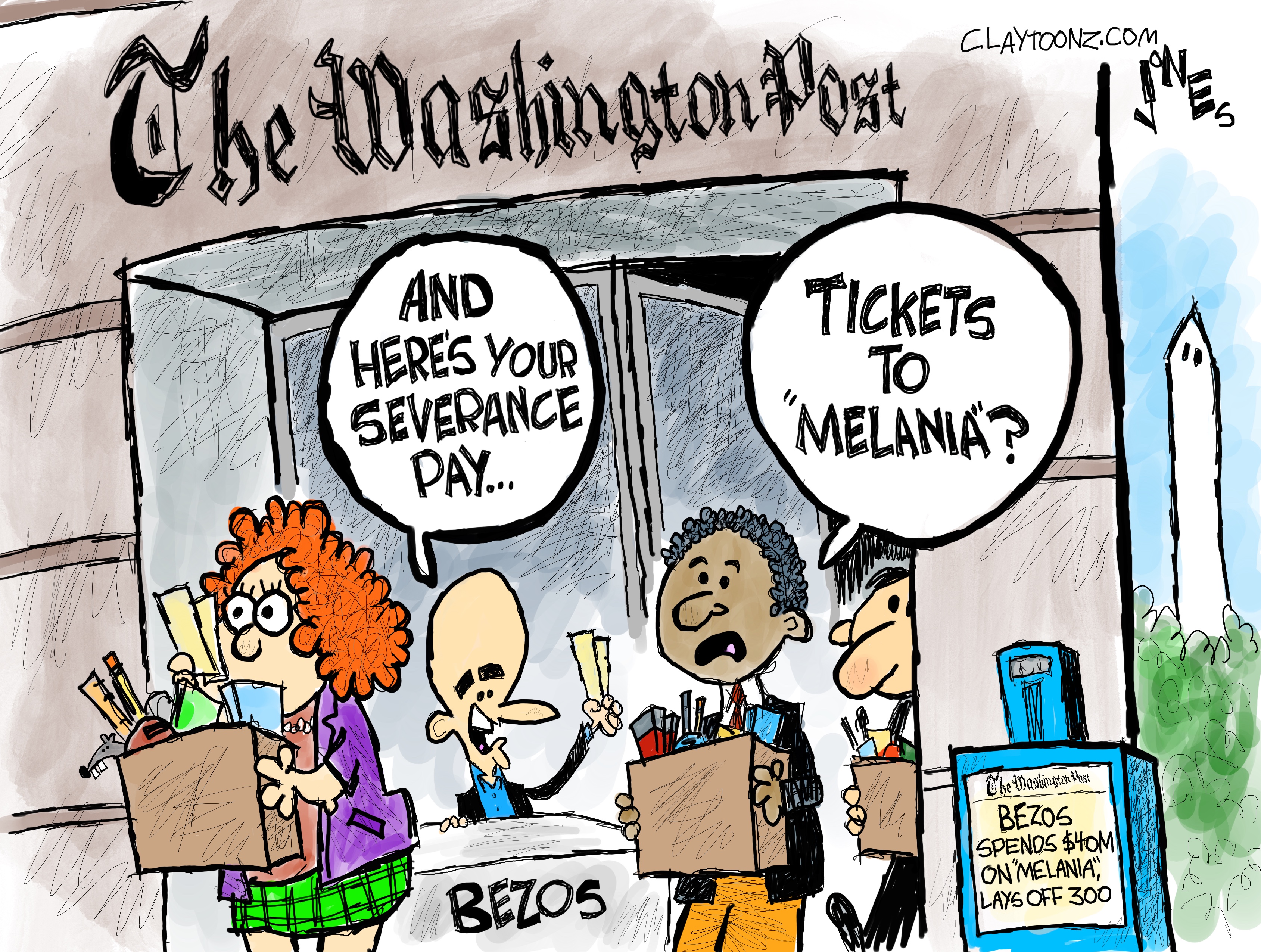How gluten intolerance became the fainting spell of the 21st century
Our meager understanding of gluten intolerance speaks to an age-old blind spot about women's health


A free daily email with the biggest news stories of the day – and the best features from TheWeek.com
You are now subscribed
Your newsletter sign-up was successful
I'm a woman and I am gluten-free. If your first instinct is to make fun of me, you are not alone.
Gluten-free is widely perceived as a lifestyle choice for frivolous women, thus making it an all too easy a target for those who love nothing more than to mock the latest diet fad. Joy Behar called it "baloney," in a recent takedown. "A lot of people here don't eat gluten because someone in their yoga class told them not to," Jimmy Kimmel said in another.
The thing is, the person who suggested I go gluten-free was my doctor. I have celiac disease, an autoimmune disorder that prevents me from absorbing grains like wheat, rye, barley, and malt. If I eat gluten, I will experience symptoms like extreme fatigue, bloat, and swollen joints. If I keep eating it, I risk malnourishment, infertility, and, eventually, death. For those of us with celiac disease, or even the less-defined-but-likely-real gluten sensitivity, going gluten-free is our only medicine.
The Week
Escape your echo chamber. Get the facts behind the news, plus analysis from multiple perspectives.

Sign up for The Week's Free Newsletters
From our morning news briefing to a weekly Good News Newsletter, get the best of The Week delivered directly to your inbox.
From our morning news briefing to a weekly Good News Newsletter, get the best of The Week delivered directly to your inbox.
In the past few years there has been a proliferation of gluten-free offerings, which now form a $10.5 billion industry. You'd think this would be a good thing for celiacs. It isn't. What we need, way more than another bag of gluten-free pretzels or slice of pizza, is for all of you to believe us.
I see a few reasons for why this seems increasingly hard for you to do.
For one, the popularity of gluten-free has exploded for many wrong reasons. It is part of a growing obsession with the purity of food, one that rivals the intensity of my kosher ancestors and has some calling for the classification of a new eating disorder. And yes, eating restrictions, so full of our many vanities and delusions, are ripe for parody.
But I suspect another reason gluten-free gets a bad rap is because of how easily it is associated with women.
A free daily email with the biggest news stories of the day – and the best features from TheWeek.com
For one, dieting is something women do, and men who do it are seen as feminine. Refusing gluten is an entirely un-macho act. There's also the not insignificant fact that women are diagnosed with celiac two to three times more often than men, making women around 70 percent of all celiacs.
This figure isn't exceptional for autoimmune diseases, which affect around 8 percent of the population, 78 percent of whom are women. Studies show that doctors often don't take young women seriously when they present symptoms of an autoimmune disease; 40 percent of women eventually diagnosed with a serious autoimmune disease have reported being told by a doctor that they're a hypochondriac. This is partially because the symptoms can be elusive — bowel issues, fatigue, joint stiffness — and because doctors still don't fully understand many of these ailments enough to diagnose them. Not only that, they still aren't certain as to why women experience them more, which, if solved, would likely lead to a better detection process and cures.
The lack of data speaks to an age-old blind-spot in medicine towards women’s bodies. There is a long tradition of gender bias towards men in medical studies, even in areas like cardiovascular disease, which kills more women, and depression, which affects more women. It was only 20 years ago that the National Institutes of Health required all of the studies they funded to disclose whether women and minorities were included, and if so, in what proportion, and if not, why.
Indeed, this total lack of understanding of women’s bodies goes way back, all the way to the Greeks and other ancient civilizations who believed that women’s emotional problems were a result of their wombs moving around their bodies. Hippocrates, the father of Western medicine, came up with the term hysteria based on “hysteria,” the Greek word for uterus.
These ideas were in circulation until the Victorian era, when hysteria was seen as the cause for women’s fainting fits and the only suitable treatment was pelvic massage. The point is, we have inherited a legacy of systematic ignorance when it comes to the inner-workings of women’s bodies and we still have a long way to go. The fact that gluten intolerance is understood as either inexplicable — a hysteria among yoga moms — or a subject in need of further study is a reflection of our medical inheritance.
Whenever two celiacs meet, usually women, they often share their horror stories of getting diagnosed. All too often they experienced some intense version of anemia, arthritis, weight loss, or chronic fatigue. It got worse and worse, and still, they were told it was all in their heads.
Thankfully, diagnoses have gotten speedier over the years as awareness has risen among doctors and our symptoms have moved from being perceived as psychological to real. Unfortunately, however, we still have a ways to go in convincing everyone else.
Elissa Strauss writes about the intersection of gender and culture for TheWeek.com. She also writes regularly for Elle.com and the Jewish Daily Forward, where she is a weekly columnist.
-
 Nan Goldin: The Ballad of Sexual Dependency – an ‘engrossing’ exhibition
Nan Goldin: The Ballad of Sexual Dependency – an ‘engrossing’ exhibitionThe Week Recommends All 126 images from the American photographer’s ‘influential’ photobook have come to the UK for the first time
-
 American Psycho: a ‘hypnotic’ adaptation of the Bret Easton Ellis classic
American Psycho: a ‘hypnotic’ adaptation of the Bret Easton Ellis classicThe Week Recommends Rupert Goold’s musical has ‘demonic razzle dazzle’ in spades
-
 Political cartoons for February 6
Political cartoons for February 6Cartoons Friday’s political cartoons include Washington Post layoffs, no surprises, and more
